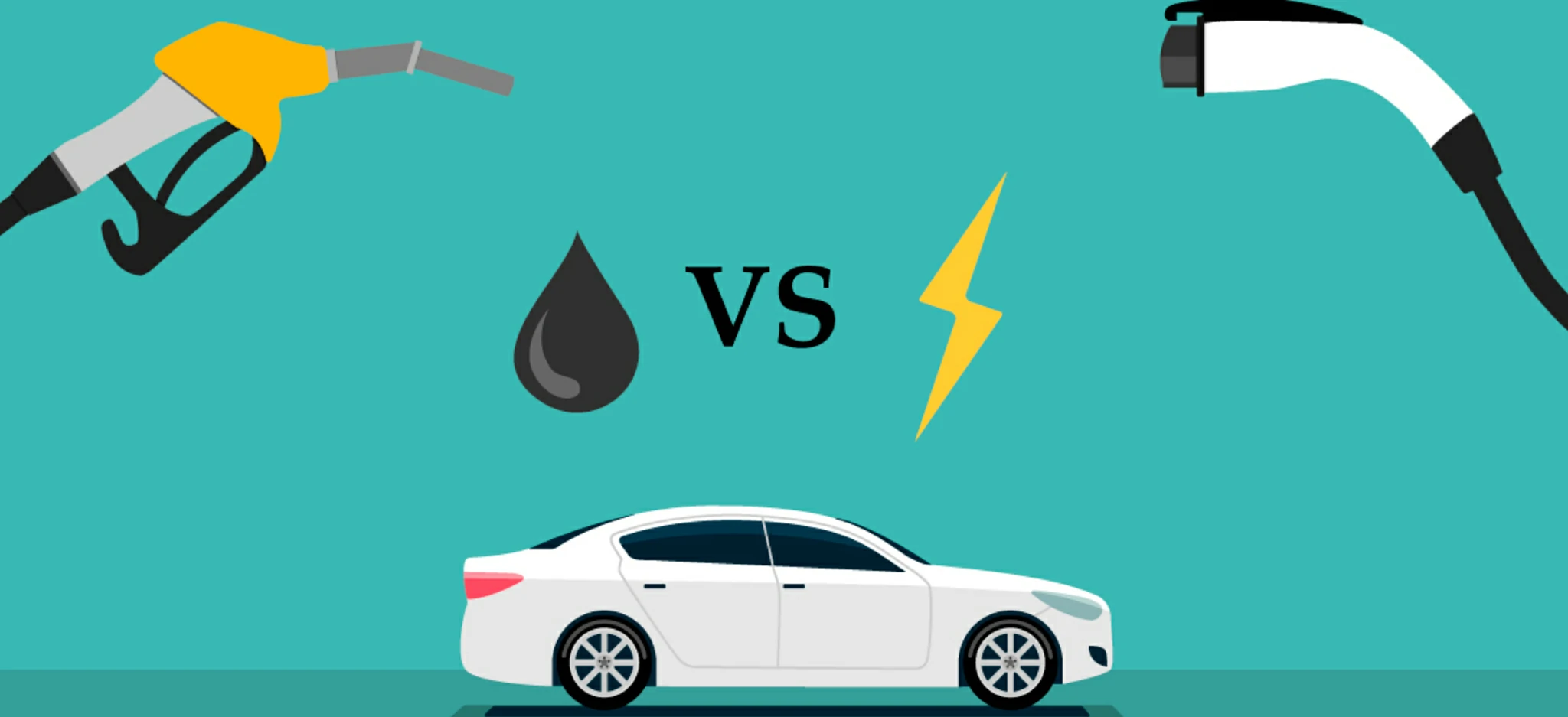When it comes to choosing between a petrol vehicle and an electric vehicle (EV), the decision can be quite perplexing. Both options have their merits and drawbacks, and understanding these nuances is crucial for making an informed choice. Let’s delve into the comparison and explore the pros and cons of each type of vehicle.
Petrol Vehicles
Pros:
- Lower Initial Cost: Petrol cars are generally more affordable upfront compared to EVs.
- Quick Refueling: Filling up with petrol is convenient and takes less time than charging an EV.
- No Range Anxiety: Petrol cars have a broader range, eliminating concerns about running out of charge.
- Variety of Models: The market offers a wide range of petrol-powered vehicles.
Cons:
- Environmental Impact: Petrol cars contribute to air pollution and greenhouse gas emissions.
- Higher Running Costs: Servicing and maintenance expenses are typically higher for petrol vehicles.
- Regulations: Increasing regulations may limit the viability of petrol cars in the future.
Electric Vehicles
Pros:
- Zero Emissions: EVs produce no tailpipe emissions, contributing to cleaner air quality.
- Lower Operating Costs: Fewer moving parts and cheaper energy sources result in lower overall costs.
- Smooth and Quiet: EVs offer a quieter driving experience with instant torque.
- Government Grants: Some EVs qualify for government grants.
Cons:
- Higher Initial Price: EVs tend to be more expensive upfront.
- Limited Range: EVs have a lower range compared to most petrol cars.
- Charging Infrastructure: The charging network is still developing.
- Environmental Impact: The production of EVs can have a higher environmental footprint.
Petrol Vehicle vs Electric Vehicle Cost Comparison
While EVs have higher initial pricing, their lower running costs often offset this difference. Maintenance and servicing expenses are generally lower for EVs. However, the decision ultimately depends on individual preferences, driving habits, and environmental consciousness.
Now, let’s explore the top 5 electric cars available in Mumbai, along with their on-road prices:
- Tata Nexon EV: A spacious SUV with a 5-seater capacity. The Creative Plus MR variant is priced at ₹15.69 L on-road1.
- Tata Nexon EV Max (2022-2023): Another SUV variant with the XZ Plus 3.3 KW model priced at ₹18.76 L on-road1.
- Tata Nexon EV Prime (2020-2023): This SUV offers the XZ Plus variant and costs ₹17.18 L on-road1.
- Tata Tigor EV: A convertible 5-seater with the XZ Plus variant priced at ₹14.41 L on-road1.
- Tata Tiago EV: A hatchback with the XE Medium variant priced at ₹9.24 L on-road1.
FAQ’s Section
- Q: What is the main difference between a petrol vehicle and an electric vehicle?
- A: The primary difference lies in their power sources. Petrol vehicles run on internal combustion engines fueled by petrol (gasoline), while EVs use electric motors powered by batteries.
- Q: Which one is more environmentally friendly: petrol or electric vehicles?
- A: Electric vehicles are generally considered more environmentally friendly because they produce zero tailpipe emissions. Petrol vehicles emit pollutants and contribute to air pollution.
- Q: Are EVs more expensive than petrol cars?
- A: Yes, EVs tend to have a higher initial cost due to battery technology. However, their lower operating costs over time can offset this difference.
- Q: How far can an electric vehicle travel on a single charge?
- A: The range varies depending on the EV model. Some EVs can travel over 200 miles on a single charge, while others may have a shorter range.
- Q: Is charging an EV convenient?
- A: Charging infrastructure is improving, but it’s essential to have access to charging stations. Home charging is convenient, but public charging networks are expanding.
- Q: What government incentives are available for EV buyers?
- A: Many countries offer grants, tax credits, and rebates for purchasing EVs. Check local regulations and incentives in your area.
- Q: Can I use an EV for long road trips?
- A: While EVs have improved range, long road trips may require planning charging stops. High-speed chargers can significantly reduce charging time.
- Q: Do EVs require less maintenance than petrol cars?
- A: Yes, EVs have fewer moving parts, reducing maintenance needs. There’s no need for oil changes or transmission servicing.
- Q: What’s the future of EVs?
- A: The EV market is growing rapidly, with advancements in battery technology and charging infrastructure. Expect more affordable models and increased adoption.
- Q: Can I charge an EV at home?
- A: Yes, most EV owners charge their vehicles at home using a standard electrical outlet or a dedicated EV charger.
Remember that your choice between petrol and electric vehicles depends on your priorities, lifestyle, and environmental consciousness. 🚗🔌the transition to EVs involves considering not only the financial aspect but also the environmental impact. Choose wisely, and drive towards a greener future! 🌿🚗
